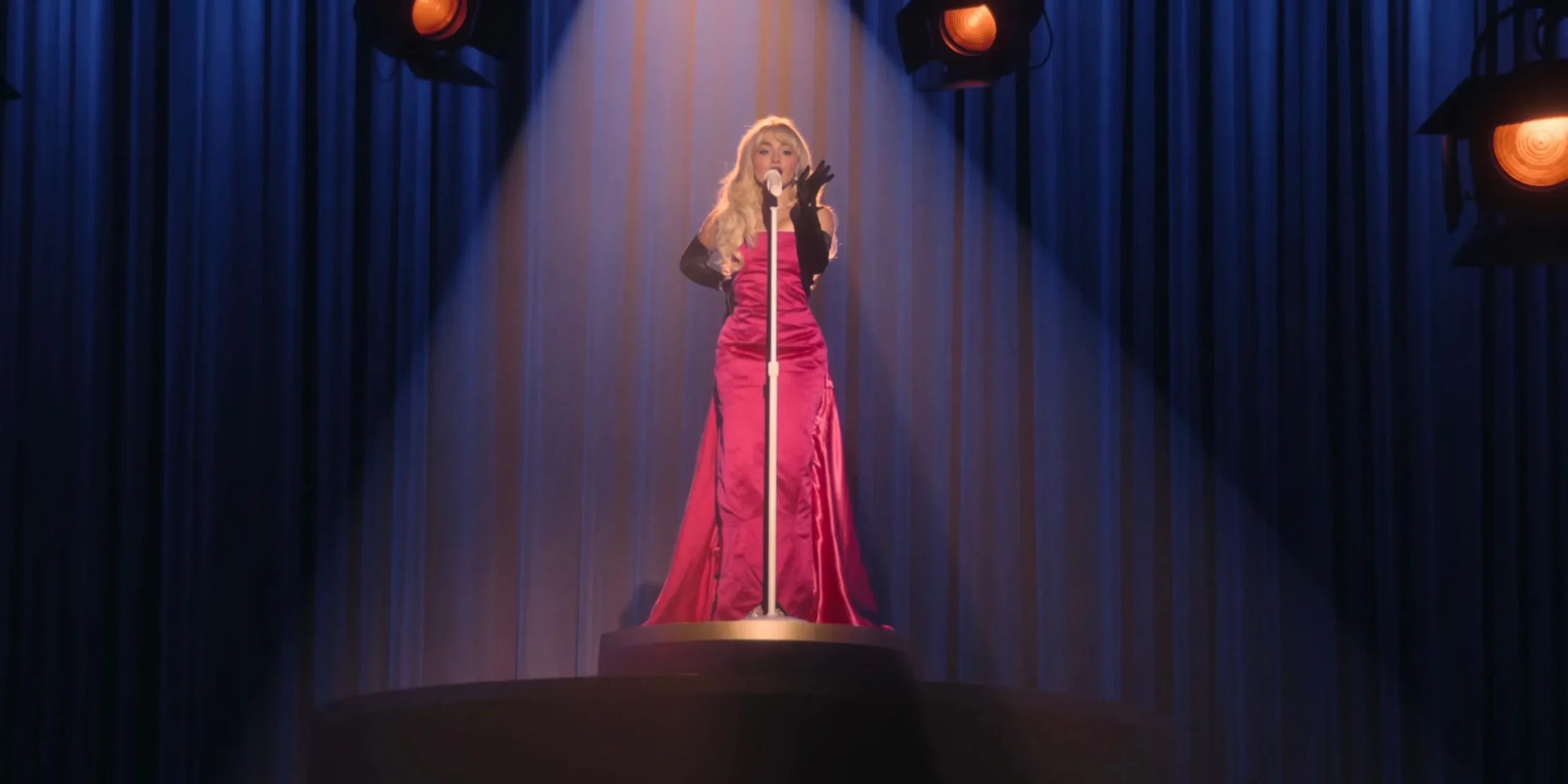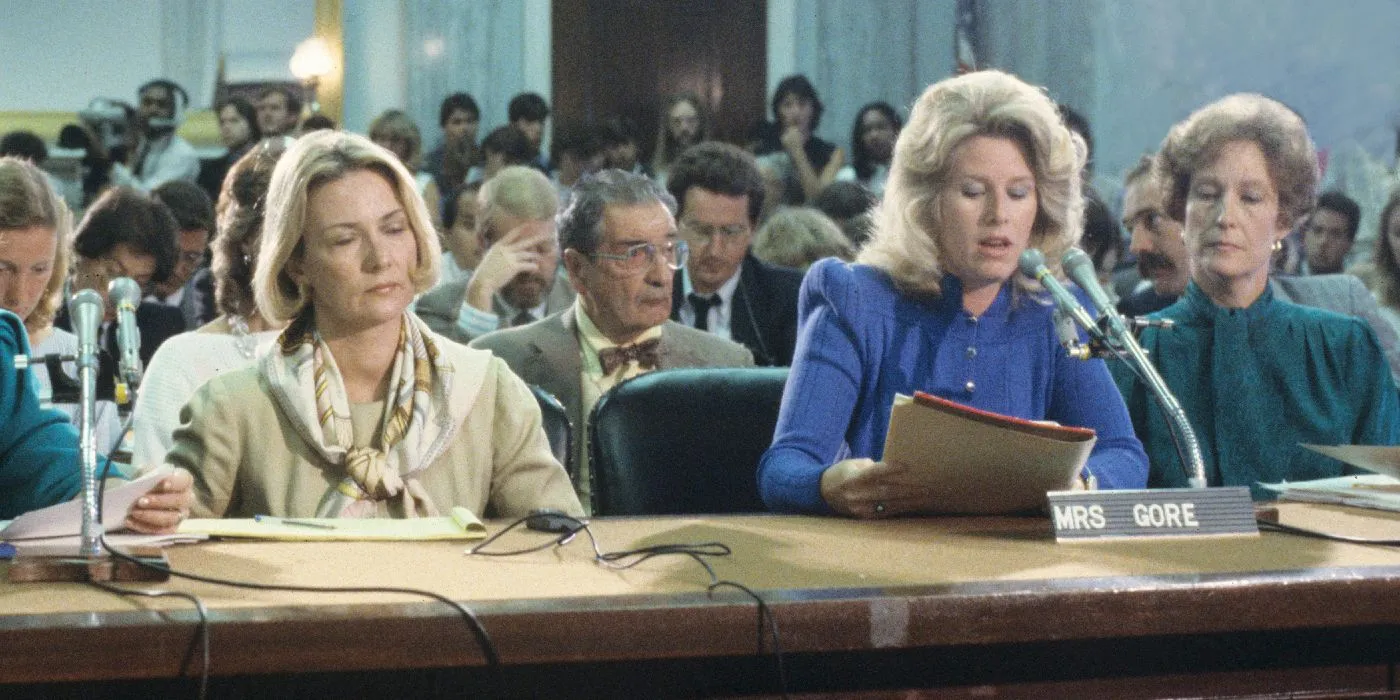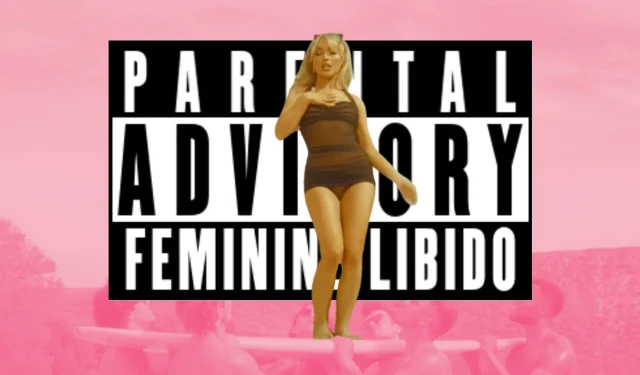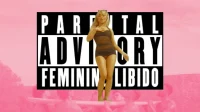Pop sensation Sabrina Carpenter has been a focal point of media attention for many months, primarily due to her rising status as a major figure in pop music. Her album Short n’ Sweet, released last year, achieved platinum certification just a month after debuting and propelled three singles to the top of the Billboard Hot 100 chart. This remarkable success also earned the 25-year-old artist two Grammy Awards at the 67th Grammy ceremony.
In contrast, Carpenter has faced criticism from more conservative factions, particularly regarding the suggestive nature of her lyrics and dance moves. In an ironic twist for contemporary discourse, her world tour has attracted accusations of sexualized performances aimed at young audiences, prompting backlash reminiscent of outdated concerns about protecting children—an argument that serves to highlight the persistent issue of misogyny within American culture.
The Backlash Against Sabrina Carpenter’s Short n’ Sweet Tour and Lyrics
A Young Woman’s Artistic Expression Is Under Scrutiny

Carpenter’s Short n’ Sweet Tour commenced in September 2024, running through November before a brief hiatus, with a return to Europe planned for March 2025. This tour is expected to continue until November 2025 and will see her return to North America later in the year. However, the raunchy and flirtatious themes of the performances—elements that contributed to the album’s popularity—have drawn unwarranted concern from various groups.
Notable instances from the tour have ignited controversy, such as the dramatic conclusion of “Bed Chem,”which features suggestive elements with backup dancers, and “Juno,”where Carpenter showcases provocative dance moves in a daring outfit. Critics have gone as far as to label these performances as “X-rated,”revealing a significant misunderstanding of what such terms entail.
The term “X-rated”was historically applied by the MPAA to films deemed unsuitable for children due to explicit content, a classification which has evolved over time. Many previously categorized films, like Midnight Cowboy and A Clockwork Orange, have since been re-evaluated and re-rated due to cultural shifts toward greater acceptance of artistic expression.
On social media platforms like X (formerly known as Twitter), users have fanned the flames of this needless outrage, often neglecting any responsibility parents hold for their children’s exposure to media. This situation echoes debates from the mid-1980s, when similar concerns arose regarding parental accountability.
Understanding the Role of Parental Advisory Labels
Learning From History: The Need to Move Beyond Censorship

For those feeling a sense of déjà vu, the current attempts to regulate artistic expression based on antiquated puritanical ideals are far from novel. As recently as 40 years prior, Tipper Gore spearheaded the Parents Music Resource Center, crusading against what they viewed as the negative influence of music on youth—largely triggered by purchasing her daughter a Prince album without considering its content.
Watch here for the full story:https://www.youtube.com/watch?v=luCrCh99NqA
This initiative culminated in a hearing before a US Senate Committee featuring significant figures from the music industry like Dee Snider, John Denver, and Frank Zappa. Ultimately, the PMRC’s campaign led to the creation of the “Parental Advisory: Explicit Lyrics”label, which became common on many music albums during the 1990s.
The responsibility for children’s access to explicit material lies squarely with parents, particularly in an age where streaming services provide clear labeling for potentially inappropriate content. Given the digital age allows parents to easily access song lyrics and content information, the onus lies with them to guide their children’s media consumption.
The Responsibility of Artists Versus Parental Oversight
Censorship and the Importance of Artistic Freedom
In light of ongoing discussions surrounding potential constitutional crises, it remains crucial to uphold the First Amendment rights of artists. Public interest groups or government entities should not dictate how musicians express themselves, especially when the artist in question is not primarily targeting young audiences.
Sabrina Carpenter, though previously affiliated with family-friendly platforms like Disney, has evolved beyond those early roles. Now a mature artist signed to Island Records, she is under no obligation to sanitize her performances for audiences who may not align with her current expressions. An established artistic identity cannot be compromised without setting a dangerous precedent for politicized censorship, particularly in today’s climate where civil liberties are continually being challenged.
The surge in criticism directed at Carpenter for her erotic expression is less about content and more about an ideological attack on women’s right to self-expression. The reality is that no artist is imposing their work upon the audience; thus, it is unjust to demand that they alter their performances to cater to others’ discomforts.
In conclusion, it is not Sabrina Carpenter’s responsibility to make her art palatable to all. Instead, the focus should be on encouraging parental involvement and media literacy, ensuring that young audiences engage with age-appropriate content responsibly.
Sources: AOL.com


